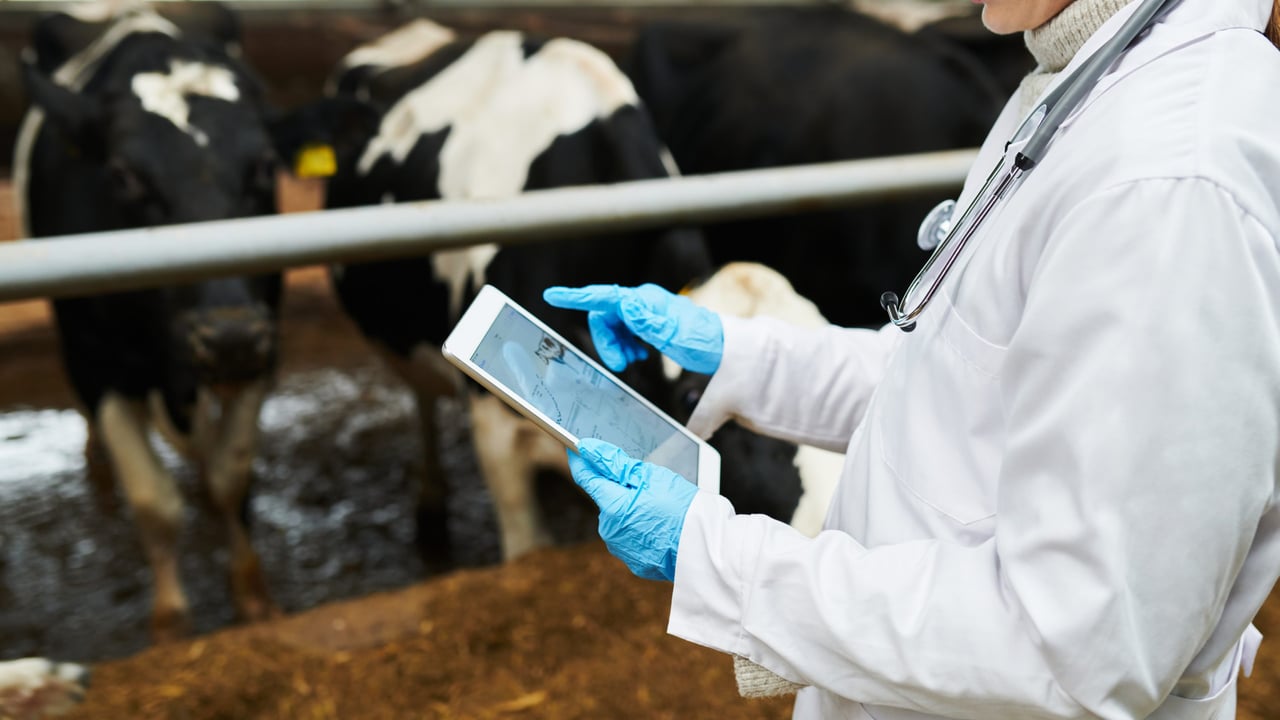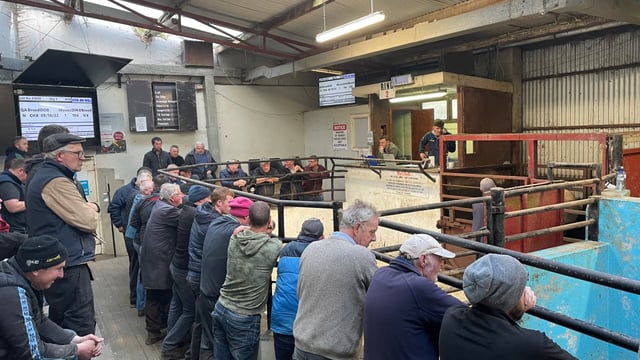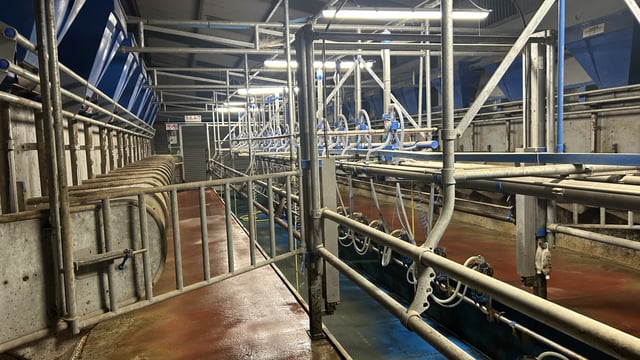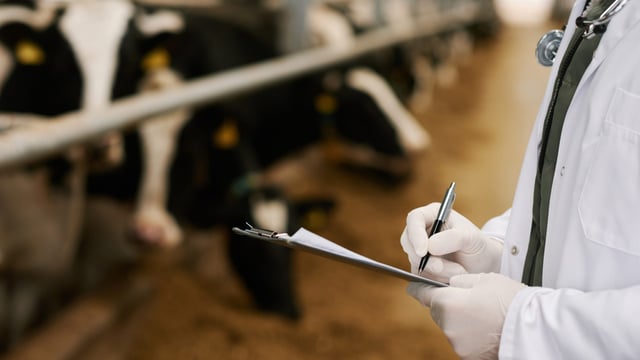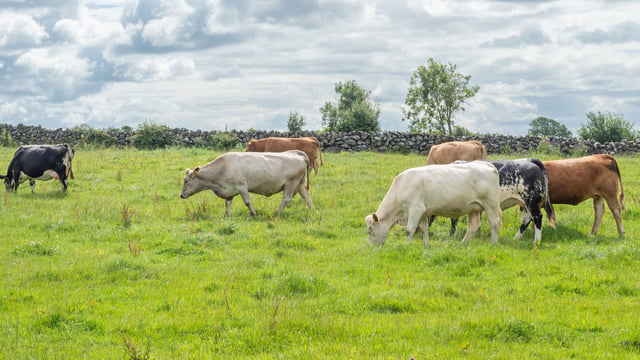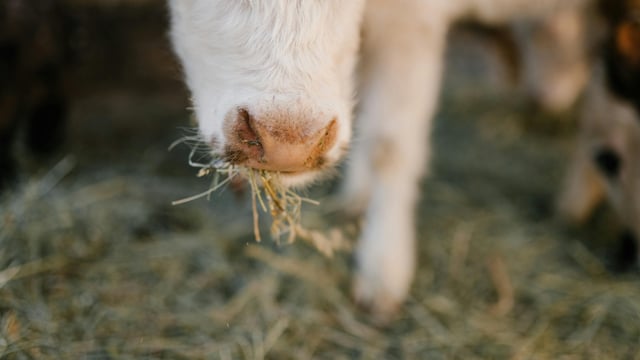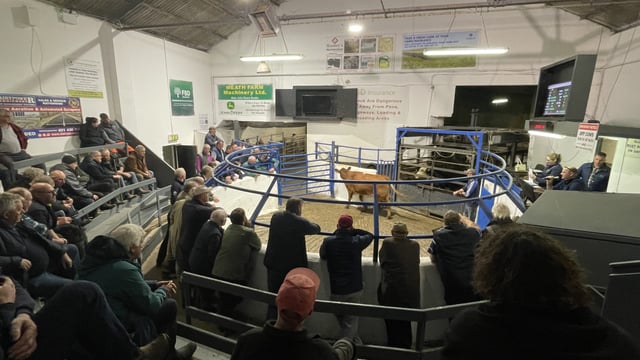'€660 to cull a badger' in 2024 as part of TB strategy according to DAFM estimates
The Department of Agriculture, Food and the Marine (DAFM) has estimated that it cost "€660 to cull a badger" in 2024, according to a new report from the Comptroller and Auditor General.
As part of a new report on the Accounts of the Public Services 2024 the Comptroller and Auditor General examined the government's bovine TB eradication programme - including the factors that have contributed to the recent increase in the TB rate.
The report also contains new recommendations from the Comptroller and Auditor General on "performance measurement" and compensation payments in relation to the TB eradication programm.
Ireland currently has the highest rate of bovine TB in the EU.
The Comptroller and Auditor General looked at whether Ireland's eradication programme is "operating as intended" and how DAFM evaluates the "effectiveness" of the programme.
The report details that over the ten-year period to the end of 2024, TB cost DAFM "almost €500 million".
"The cost to the department in 2024 was just over €100 million, an increase of 35% on 2023," the report outlined.
DAFM
The department told the Comptroller and Auditor General that levels of TB are influenced by factors including "cattle management practices and biosecurity, cattle interactions with wildlife, TB history in a herd, testing and surveillance and cattle movement".
The Comptroller and Auditor General noted in its report that the current TB strategy includes both the vaccination and culling of badgers.
"The efficacy of the vaccine is estimated to be approximately 60%.
"The department estimates that in 2024, it cost approximately €468 to vaccinate a captured badger and €660 to cull a badger," the report outlines.
Expenditure attributed by DAFM to vaccinating a captured badger and to culling a badger were based on "fixed and variable costs associated with capturing and vaccinating a single badger".
Regional variations
According to the Comptroller and Auditor General during its examination of the TB programme DAFM "acknowledged that a regional approach could lead to a reduction in testing requirements, more favourable trading status for herd owners and improved market access".
However it also indicated that "given the challenges to a regional approach" it would need a commitment from all stakeholders to implement such a change in approach.
Compensation
The Comptroller and Auditor General also examined the schemes to compensate herd owners if they come down with TB.
The report acknowledged that compensation levels can be reduced if herd owners delay in removing animals, or if there are "flagrant breaches" such as interfering with testing or illegal behaviour such as cattle movements.
In 2024, DAFM imposed total penalties of almost €47,000 in relation to 131 herds.
In 91% of cases, the penalty imposed was 5% of the compensation grant amount, the minimum penalty.
The compensation cost per reactor - including the On-Farm Market Valuation (OFMV) scheme, income supplement, hardship and depopulation grants - in 2024 was €1,536, an increase of 11% on2023.
Risk-based trading
The latest Comptroller and Auditor General report highlights that Ireland does not currently have a risk-based trading system where each herd would be TB risk-rated.
According to DAFM it has a herd TB-status categorisation system and "encourages herd owners to be transparent when trading in relation to their herd’s category".
However, providing this information to potential buyers is not mandatory.
But risk mitigation plans are required under animal health law and must be in place prior to the authorisation of movement of cattle into a high-risk holding.
Currently these plans are paperbased and DAFM confirmed to the Comptroller and Auditor General that the number of plans in place is not available from the department.
But it also added "that procedures regarding checks on compliance and consequences for non-compliance with risk mitigation plans are currently at an advanced stage of development".
Future TB approach
The Comptroller and Auditor General has put forward a number of recommendations in relation to the government's current TB eradication programme.
One of these is that DAFM "should consider designing a comprehensive set of performance measures which are achievable and relevant to the strategic aims of the bovine TB eradication programme".
The department has said it "agrees with performance measures in principle".
"As part of the Programme for Government commitment to a review and update the National TB 2030 Eradication Strategy, the department will examine the feasibility of incorporating performance measures into the bovine TB eradication programme".
The proposed timeline for implentation of this recommendation is "quarter one 2026".
The Comptroller and Auditor General has also recommended that DAFM should consider adopting measures "such as aligning the payment of compensation to effective biosecurity measures".
DAFM has agreed that it will "align compliance with risk mitigation plans and compensation in the event of future breakdowns".
The proposed timeline for the implementation of this is in quarter two next year.

